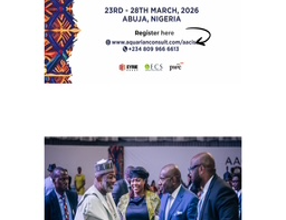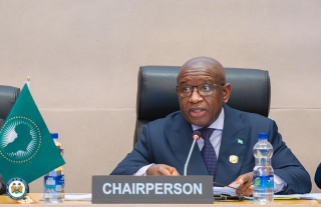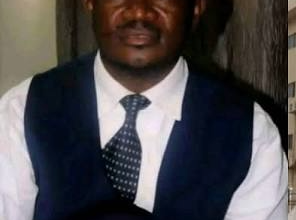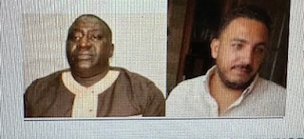APC Raises Alarm Over Tripartite Breach
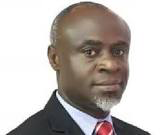
The All Peoples’ Congress (APC) Party has raised serious concern over what it describes as unacceptable and unilateral actions emerging from the Tripartite Steering Committee Secretariat (TSCS).
According to the APC, the TSCS has published a so-called “Schedule for District Public Education and Civic Engagement Sessions” without transparency, national inclusiveness, clarity of purpose, or adherence to proper procedure. The schedule, the Party notes, contains no specific venues, no timelines, and no logistical arrangements—a clear deviation from the standards mandated under Recommendation 78 of the Tripartite Committee Report.
Even more troubling, this schedule was released without the knowledge, consultation, or approval of the APC’s Chief Negotiator under the Agreement for National Unity (ANU), Dr. Kaifala Marah, and without any notification to the APC National Secretariat. The Party describes this as a breach of trust, a violation of the Tripartite spirit, and a deliberate attempt to undermine the consensus-building process.
The APC further reports that a TSCS staff member, Alimamy Lahai Kamara, has been making unsolicited and politically charged phone calls—particularly in APC strongholds—inquiring about alleged “political infiltrators” associated with divisive groups known for destabilizing APC unity. The Party condemns this conduct as unprofessional, inflammatory, and intentionally designed to provoke tension and division.
Of even greater concern is an alleged directive issued by Mr. Kamara regarding participation in the Falaba District Session scheduled for Saturday, 15th November 2025.
According to the APC, Mr. Kamara instructed that attendance be restricted to ten participants if these so-called infiltrators are present, and fifteen APC members if none are identified. The Party describes this as an outrageous attempt to shrink democratic participation, weaponize Recommendation 78, and manipulate the national consultation process.
Recommendation 78 is unequivocal: it mandates open, unrestricted, and uncensored public engagement for ALL Sierra Leoneans. It does not authorize partisan screening, attendance restrictions, or covert political interference.


